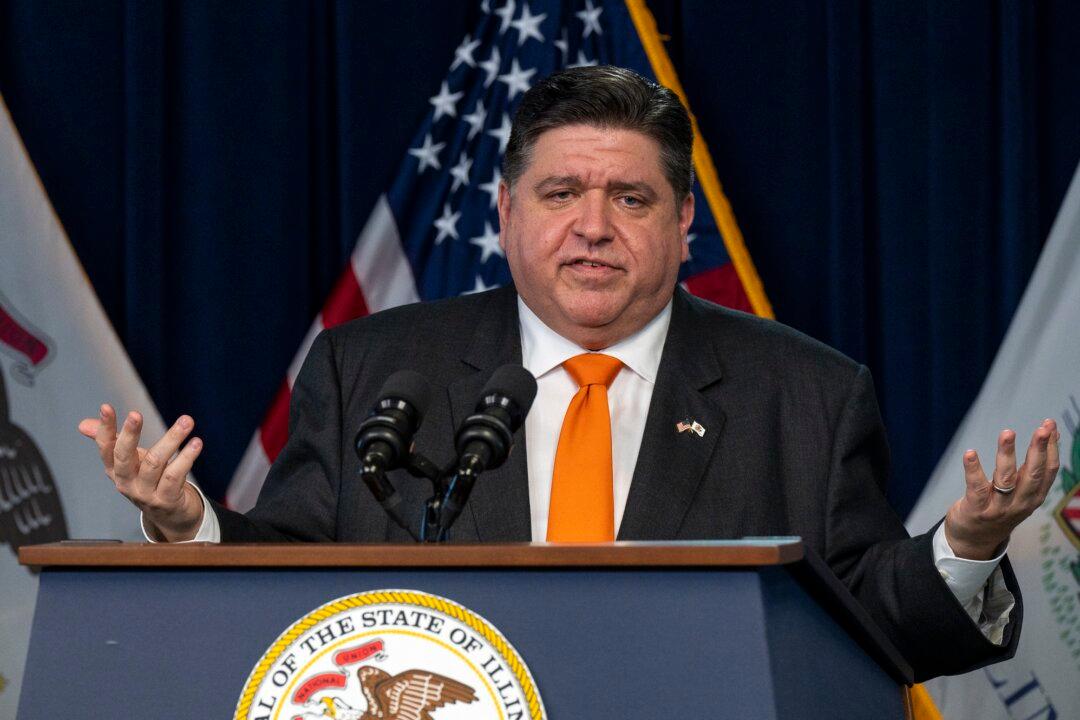The crime rate in Chicago has spiked by 61 percent in the first three weeks of 2023, with almost all crime segments registering an increase, with data coming at a time when the state’s governor insists that crime in the city is decreasing.
In the first 22 days of this year, the Chicago Police Department received 4,844 complaints related to crime, up 61 percent compared to the 3,013 complaints received in 2022, reveals data (pdf) from the department. This is also 97 percent higher than from the same period in 2021 and 81 percent higher than in 2020.





